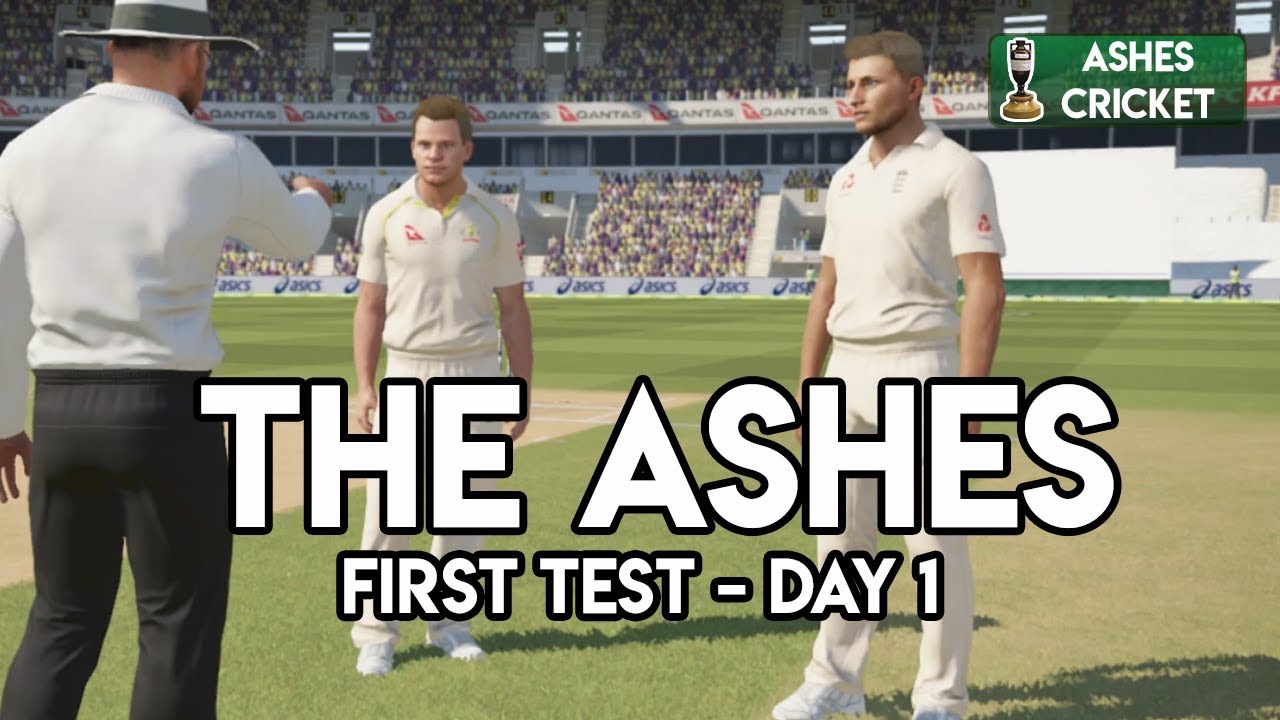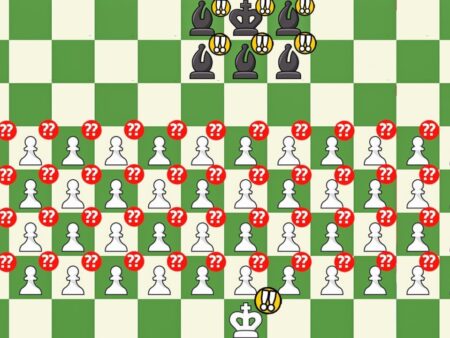
The cricketing world recently bore witness to a sight few thought possible: the West Indies, a name synonymous with power and prowess, humbled to a mere 27 runs in a Test match against Australia. This historic collapse, a score more often associated with a single over than an entire innings, has triggered an emergency response from Cricket West Indies (CWI), a desperate plea for intervention from the very legends who forged the Caribbean nation`s golden era.
An Emergency Summons: Legends to the Rescue?
In the immediate aftermath of this humiliating capitulation, CWI President Dr. Kishore Shallow announced an urgent meeting of the Cricket Strategy Committee. The agenda is clear: a thorough review of the recent Test series against Australia, with particular emphasis on the final, disastrous encounter. However, what truly marks this as a critical moment is the unprecedented invitation extended to three of West Indies` most iconic batsmen: Sir Clive Lloyd, Sir Vivian Richards, and Brian Lara.
These cricketing titans, alongside current committee members like Dr. Shivnarine Chanderpaul, Dr. The Most Honourable Desmond Haynes, and Ian Bradshaw, are being asked to lend their invaluable insights. Dr. Shallow emphasized that this “engagement is not ceremonial,” stating the intention is for the gathering to produce “tangible, actionable recommendations.” The implication is clear: the current system, left to its own devices, is not delivering results.
The Deeper Rot: A System Under Fire
While the 27-run debacle served as the catalyst, the roots of West Indies cricket`s decline stretch far deeper, nourished by years of systemic issues and accusations of mismanagement. Former West Indies spinner Dinanath Ramnarine articulated a scathing critique that resonates with many disheartened fans. His open letter painted a grim picture:
“Board members pay themselves what they want, select players based on personal loyalty rather than merit, and treat national team results as irrelevant. Whether we win, lose, or are completely humiliated on the international stage, the outcome is the same: they stay in power.”
Ramnarine`s indictment extends to the perceived lack of a coherent development strategy. He asserts that CWI`s responses to public outcry are often “hastily stitched-together program[s] meant to score headlines, not results.” He describes a landscape of “tokenism, PR, and smoke screens,” where genuine long-term planning is conspicuously absent. This, he argues, has led to a profound disengagement among the very fans who once filled the stands with vibrant passion, now retreating in silence rather than protest.
The sentiment is that accountability is a foreign concept within the CWI. Despite crushing losses, even to teams like the USA (a fact perhaps more surprising than the 27 all out, given the traditional hierarchy of the sport), there has been no introspection, no one stepping aside. The same faces, the same excuses, and the same “failed playbook” persist, culminating in a system that, according to Ramnarine, “no longer produces world-class players, but instead exposes them unprepared to the world stage.”
A Legacy in Peril: The Weight of History
The call to legends like Lloyd, Richards, and Lara carries an immense symbolic weight. These are men who epitomized West Indian dominance, a time when their brand of cricket was not just a game, but a statement of power, flair, and fearless aggression. To ask them to diagnose the ills of the current team is to implicitly acknowledge how far the mighty have fallen. The irony is palpable: the architects of an unassailable cricketing empire are now summoned to sift through its ruins.
The question remains: can the wisdom of the past truly mend a future seemingly derailed by decades of structural neglect? Is consulting a few former giants enough to mend a foundation that appears to be crumbling from within? While their experience is undoubtedly invaluable, the depth of the crisis, as described by critics, suggests a problem that transcends on-field performance and delves into the very governance and philosophy of the sport in the Caribbean.
The Road Ahead: A Genuine Turning Point?
As the CWI convenes its emergency summit, the stakes could not be higher. This is more than just about winning or losing a few matches; it`s about the very soul and future of West Indies cricket. The promises of “tangible, actionable recommendations” offer a glimmer of hope, but the cricketing world, particularly West Indian fans, will be watching closely to see if this is a genuine moment of reckoning and reform, or merely another temporary measure designed to quell public discontent.
The legends have answered the call. Now, the burden lies on the Cricket West Indies to not just listen to their sagacious advice, but to enact fundamental changes that can truly steer the ship away from the treacherous shoals of mediocrity and back towards the open waters of competitive international cricket. The cricketing world awaits, with a mixture of hope and weary skepticism, to see if the ashes of greatness can indeed be fanned into a new flame.










